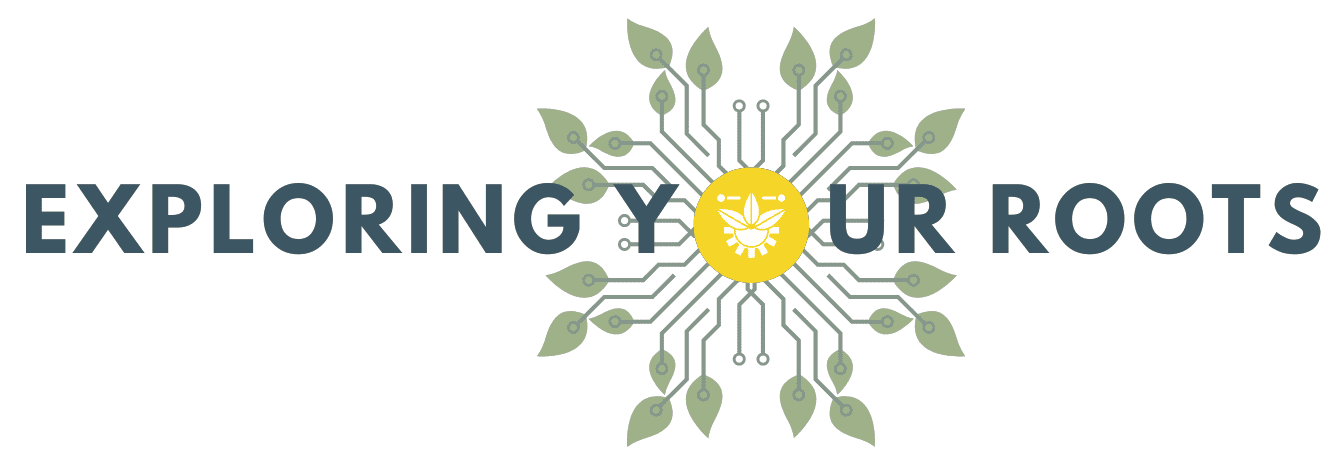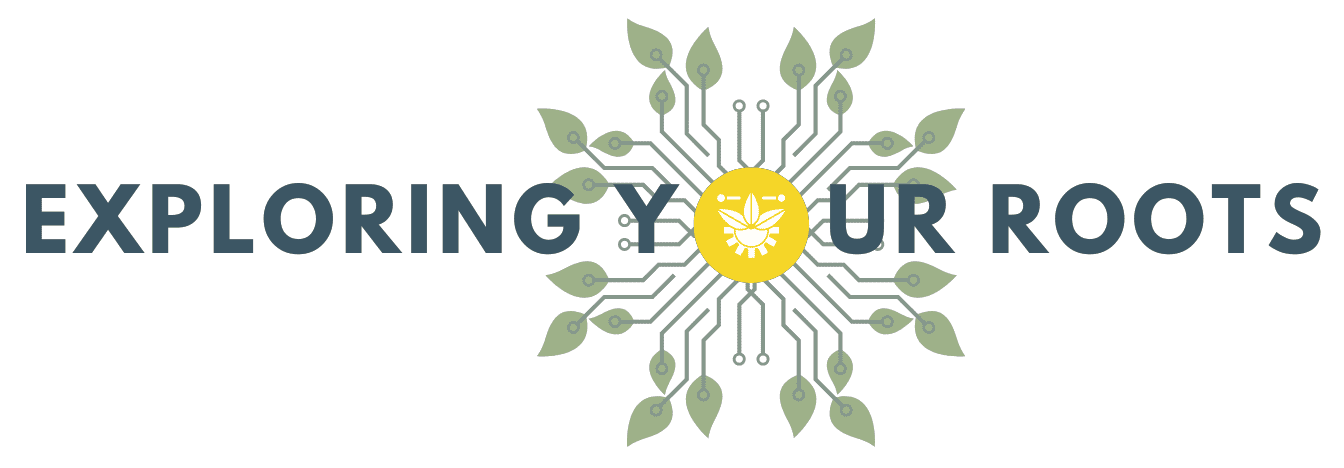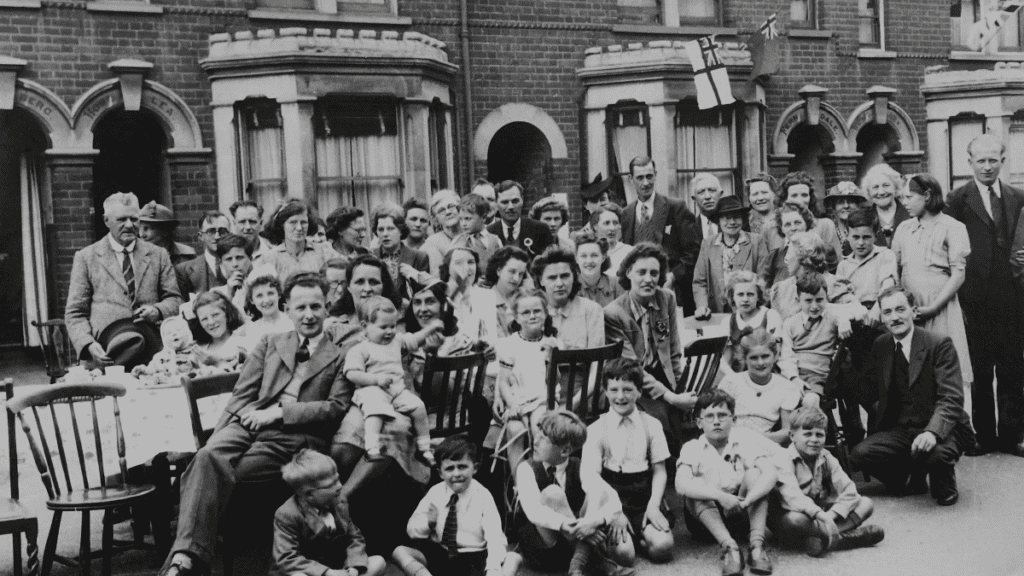Want to understand yourself better? The answer might lie in your family tree. Family history research offers more than just dates and names. It’s a transformative journey that can reshape your entire perspective on life. In our fast-paced digital world, many people feel disconnected from their roots.
Why Your Ancestors Matter More Than You Think
Scientists have discovered something fascinating called the “ancestor effect.” When people think about their family history, they perform better on tests and feel more confident. Dr. Peter Fischer’s research shows this connection isn’t just in our heads. Your ancestors’ resilience flows through your veins.
Understanding your ancestors’ experiences provides valuable context for your own life journey. Their stories of perseverance can inspire you during challenging times. This connection to your past creates a powerful foundation for facing modern challenges. Your ancestors overcame countless obstacles to ensure their family’s survival.
Identity and Self-Discovery Through Genealogy

Knowing your roots creates a stronger sense of self. Your family story helps explain why you act, think, and feel certain ways. Understanding your ancestors’ struggles and triumphs builds pride and belonging. These discoveries help explain why you hold certain values or gravitate toward specific traditions.
Family stories shape who we become. Research shows teenagers who know their family history develop stronger self-esteem. They’re also less likely to have behavioral problems. Dr. Robyn Fivush’s studies confirm that family narratives significantly impact adolescent development. Every discovery adds another piece to your identity puzzle.
SelectHealth.org reports that genealogy research increases self-awareness and happiness. Your ancestors’ experiences become woven into your personality and worldview. This understanding helps you make informed choices about which family traditions to preserve or change.
Building Stronger Family Connections
Family history research brings relatives closer together. You might find yourself connecting with distant cousins who share your passion for genealogy. These connections create lasting bonds across generations. Collaborating on research projects naturally strengthens family relationships.
Older family members can share wisdom while younger ones gain appreciation for their heritage. Working together on family research creates meaningful conversations. It builds bridges between past and present. This shared purpose often revitalizes family relationships that may have grown distant.
The process of gathering family stories brings people together in unique ways. Each conversation uncovers new connections and shared experiences. Family members often discover common interests they never knew they shared.
Health Benefits of Understanding Your Family Tree

Your ancestors left you more than just stories – they passed down genetic traits. Understanding your family health history helps you make better lifestyle choices. You can take preventive measures when you know about inherited health risks. This knowledge becomes invaluable for future generations.
This knowledge empowers you to work with healthcare providers more effectively. You’ll understand which screenings matter most for your family background. Tracking inherited health patterns helps you make informed decisions about preventive care. Many medical conditions have genetic components that become clearer through family research.
Your family health history can reveal patterns across multiple generations. This information helps doctors provide more personalized care. Understanding genetic predispositions allows for early intervention and prevention strategies.
Healing Generational Wounds
Many families carry hidden traumas through generations. Genealogy research helps identify these patterns. Understanding where they came from is the first step to breaking negative cycles. Psychologists recognize the significant impact of intergenerational trauma on families.
Social historian Helen Parker-Drabble notes that exploring family history helps release inherited guilt and shame. Your research might reveal why certain family dynamics exist. This awareness lets you make conscious choices for positive change. Historical context often helps explain challenging family patterns.
Understanding past hardships can transform family narratives into more empowering stories. This knowledge provides opportunities for healing and growth. Many families find peace by understanding the historical context of their challenges.
Unlocking Hidden Talents and Traits

Your ancestors might hold clues to your natural abilities. Perhaps your love for music or storytelling runs in the family. These discoveries can guide your personal growth journey. Family patterns often reveal inherited interests and aptitudes.
Understanding inherited traits helps explain your natural inclinations. You might find inspiration in ancestors who shared your interests or skills. These connections can validate your own passions and career choices. Many people discover their calling by exploring family occupational patterns.
Family history often reveals surprising talent connections across generations. These discoveries can boost confidence in pursuing natural abilities. Understanding your inherited traits provides insight into personal strengths.
Getting Started with Family Research
Modern technology makes exploring your roots easier than ever. Digital archives and DNA testing put centuries of information at your fingertips. Start by talking with living relatives and gathering old photos. Popular platforms like Ancestry.com and FamilySearch.org provide extensive resources.
Join local history groups to connect with fellow researchers. Choose an online genealogy platform to organize your discoveries. Remember to approach sensitive family information with care and respect. Local libraries and historical societies often hold unique records.
The National Archives provides access to important historical documents. Public libraries frequently offer free access to genealogy databases. These resources make family research accessible to everyone.
For more tips on doing free family history research, read our post Tracing Your Family Tree for Free: A Comprehensive Guide,
The Lasting Impact of Family History Research
Family history research transforms how you see yourself and your place in the world. Each discovery adds meaning to your life story. Your ancestors’ experiences continue shaping family dynamics today. This journey offers profound psychological and emotional benefits.
This journey offers more than historical facts. It provides healing, connection, and personal growth. Start exploring your family history today. You might be surprised by how much your ancestors can teach you about yourself.
Remember, your family’s story is unique. Some discoveries will inspire you, while others might challenge you. Every piece matters in understanding who you are and where you come from. Your research becomes a gift for future generations.
References and Further Reading
- Dr. Peter Fischer’s research studies on the ancestor effect and psychological benefits of family history
- Dr. Robyn Fivush’s studies on family narratives and adolescent development
- Helen Parker-Drabble’s works on generational healing through genealogy
- SelectHealth.org’s research on self-awareness and family history
- Brian Hill’s BYU study on adolescent identity development
- American Psychological Association’s Journal of Family Psychology
- National Genealogical Society Research Guidelines
- International Society for Genetic Genealogy
- Journal of Family Therapy
- “Discover Your Roots” by Alessandra Gato
- “Family trees, selfies and our search for identity” by Paula Nicolson


